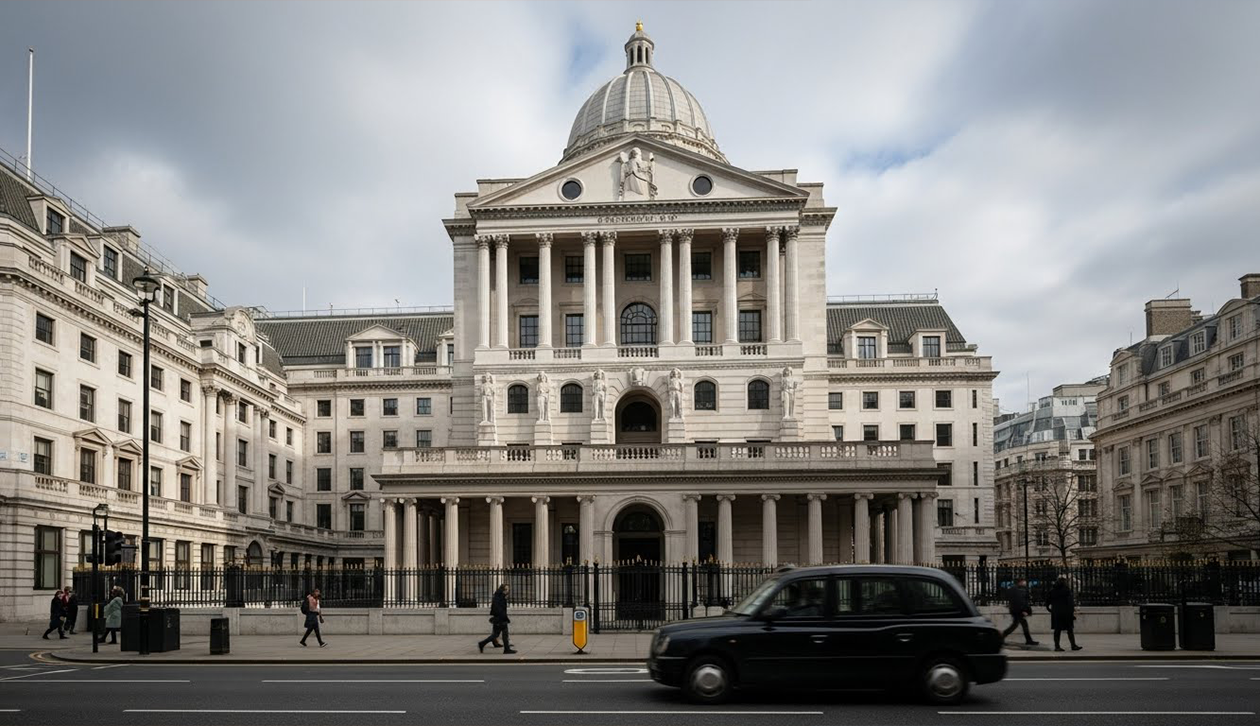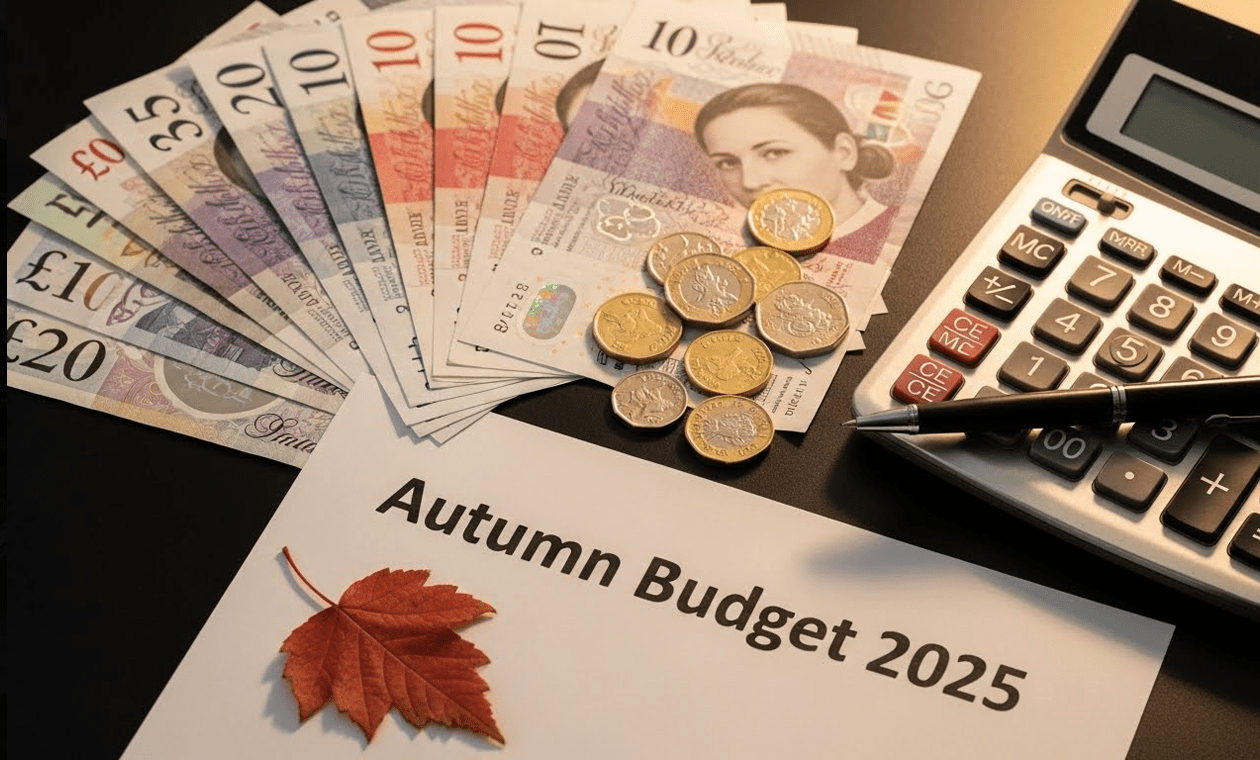The surprising moves by new finance chief Jeremy Hunt, parachuted into the job on Friday to replace sacked Kwasi Kwarteng, leaves Truss’ position in a precarious state after a series of embarrassing retreats.
Chancellor of Exchequer Jeremy Hunt scrapped almost all of the debt-fuelled tax cuts it had revealed last month to prevent new market panic.
The dramatic U-turn includes:
- Scrapping the lowest income tax rate from 20% to 19%.
- Lowering dividend tax rates.
- Rolling back off-payroll working changes.
- Allowing tourists to recover their VAT refunds.
- Freezing alcohol duty rates.
According to Hunt, the annual amount of the reversed tax cuts was £32 billion.
Some taxes will increase, says Mr Hunt, while reduced government spending may be necessary. He continued that mistakes were being “made right,” including lowering the top tax rate and not independently costing proposed initiatives.

The cancellation of the proposed increase in National Insurance, a general tax, by 1.25%, and a reduction in taxes paid on real estate transactions represent the only fiscal policies of former Finance Minister Kwasi Kwarteng that have been preserved.
Additionally, Mr Hunt stated that the energy programme intended to lower residential and commercial energy costs would only last until April before being reassessed to “cost the taxpayer much less than expected.”
As a result of rising wholesale prices, the government is currently capping the amount paid per kilowatt hour for gas and electricity at a lower rate than the market rate. The average household’s yearly cost is now anticipated to be £2,500, a significant decrease from the £4,650 predicted without intervention but still an increase from the average annual price of £1,400 in 2021.
The government would create an Economic Advisory Council to offer “independent expert advice,” Hunt added during the announcement. Those attending will include Karen Ward, chief market strategist for EMEA at JPMorgan Asset Management, former Bank of England Monetary Policy Committee members Gertjan Vlieghe and Sushil Wadhwani, and former Conservative adviser Rupert Harrison.

Only 39 days in office as prime minister, Liz Truss referred to the decision to fire her chancellor and abandon an effective economic strategy as “difficult.” After a day of unrest, she issued a brief statement in which she reversed planned company tax reductions intended to spur growth.
Parts of our mini-budget, she acknowledged, “went further and faster” than the markets anticipated. She claimed, however, that she would remain in her position as PM to complete her “mission” to get the economy moving.
References
Reid, Jenni. 2022. ‘UK’s New Finance Minister Scraps Almost All Planned Tax Cuts in Bid to Appease Markets’, CNBC (CNBC): https://www.cnbc.com/2022/10/17/uks-new-finance-minister-sets-out-.html
Gregory, James. 2022. ‘Chancellor Warns of Tax Rises and Squeeze on Spending’, BBC News (BBC News): https://www.bbc.com/news/uk-63268238
Morton, Becky. 2022. ‘Jeremy Hunt Scraps Almost All Mini-Budget as Liz Truss Battles to Remain PM’, BBC News (BBC News): https://www.bbc.com/news/uk-63284391
Nevett, Joshua. 2022. ‘This Is Difficult, Liz Truss Admits after Major U-Turn’, BBC News (BBC News): https://www.bbc.com/news/uk-politics-63261432
Gregory, James. 2022. ‘Chancellor Warns of Tax Rises and Squeeze on Spending’, BBC News (BBC News): https://www.bbc.com/news/uk-63268238









